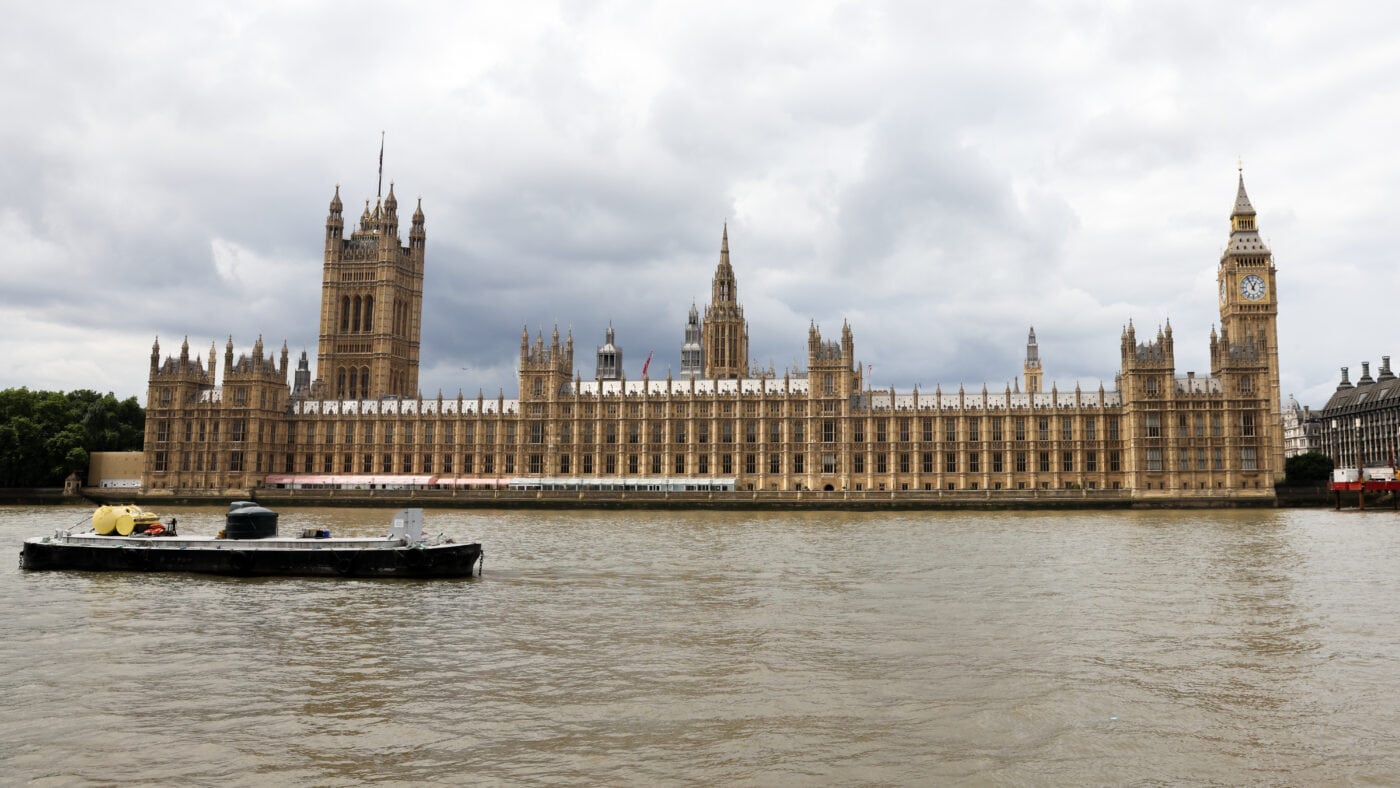5 August 2025

Photo by Dinendra Haria via Getty Images
Photo by Dinendra Haria via Getty Images
Sometimes the body politic needs a shock to the system to return to a healthier rhythm, like a human heart being defibrillated. The Ministry of Defence’s Afghan data loss scandal, and everything that has flowed outwards from it, was a catastrophe and a humiliation in almost every regard – but it is not impossible that some benefits can be wrought from it.
The prolonged application of a super-injunction, both under the last Conservative government and by the current administration, to conceal the very fact of the data loss, let alone to avoid hard questions about the issue, has shocked even cynical Westminster observers. Using a super-injunction in these kinds of circumstances was, Defence Secretary John Healey told the House of Commons, ‘unprecedented’; though we now know that the MoD was briefly granted a very wide-ranging injunction in 1999 to prevent The Sunday Times reporting accusations of misconduct by soldiers in Northern Ireland.
Despite befuddled claims to the contrary by Conservative MPs Robert Jenrick and Suella Braverman, the super-injunction did not apply to Members of Parliament acting under parliamentary privilege, nor would they have been liable for prosecution under the Official Secrets Act 1989. But the heavy veil of secrecy prevented MPs and peers from knowing there was anything about which they should have been asking questions, striking a serious blow at the concept of parliamentary scrutiny. That must never happen again and the Government should undertake not to seek such an injunction for similar purposes in the future.
The scandal has drawn the anger of the no-nonsense chair of the Intelligence and Security Committee of Parliament, Lord Beamish (formerly Labour MP Kevan Jones). The ISC is the watchdog of our government’s most carefully protected secrets, overseeing the Security Service, the Secret Intelligence Service, GCHQ, Defence Intelligence, the National Security Secretariat and other highly sensitive organisations. Beamish stated that successive governments’ handling of the data loss raised ‘serious constitutional issues’ and was scathing about failures to brief the committee earlier.
The ISC has now announced an inquiry into the data loss, and Beamish, a shrewd Westminster operator, seems to be using the issue as leverage in other ways. Last month, Sir Keir Starmer met the committee, the first prime minister to do so in more than a decade, and agreed to provide the ISC with greater resources, as well as examining ways to give it greater independence from the Cabinet Office. These are all welcome developments, and politicians from all sides should support measures which allow the ISC to carry out its difficult and sensitive role more effectively.
It is possible to discern the faint outline of greater parliamentary engagement on a variety of issues. Although the agreement between the UK and Mauritius for sovereignty over the British Indian Ocean Territory has already been concluded and signed, it cannot come into force without primary legislation. The Government last month published the Diego Garcia Military Base and British Indian Ocean Territory Bill which would implement the treaty’s provisions; now, after unsatisfactory skirmishes following ministerial statements and questions, Parliament can properly get to grips with the agreement and consider it in detail after the summer adjournment.
Across the select committees of the House of Commons, there is a sense that tails are up. The Defence Committee, having cross-examined the authors of the recent Strategic Defence Review and published a timely report on so-called ‘grey zone’ warfare, will conduct its own inquiry into the Afghan data loss; the Public Accounts Committee is as punchy as ever on government spending; and the Joint Committee on the National Security Strategy has a new iteration of the document to scrutinise, and continues to fight a lively battle with the Cabinet Office over taking evidence from national security adviser Jonathan Powell.
All of these small but promising hints of more robust scrutiny have received a fillip from an unlikely source. When the Government was forced to gut its own Universal Credit and Personal Independence Payments Bill to ensure its passage through the Commons – legislative surgery so drastic it is now simply the Universal Credit Bill – it was a reminder to Starmer and his ministers that an administration can only function with the support of a majority of MPs, and that can never wholly be taken for granted.
I don’t claim that we are entering a golden era of accountability and transparency. These are the first steps in a journey of a thousand miles. But if our political community is ever to rebuild even modest public trust in politicians and institutions, a necessary condition will be a demonstrable sense that our government is rigorously scrutinised and kept at least partly in check by Parliament, that it can be held to account on behalf of the electorate. This may be a narrow window of opportunity prised open by the Afghan scandal, but parliamentarians should seize it eagerly. It may not come again.
– the best pieces from CapX and across the web.
CapX depends on the generosity of its readers. If you value what we do, please consider making a donation.
Columns are the author’s own opinion and do not necessarily reflect the views of CapX.










